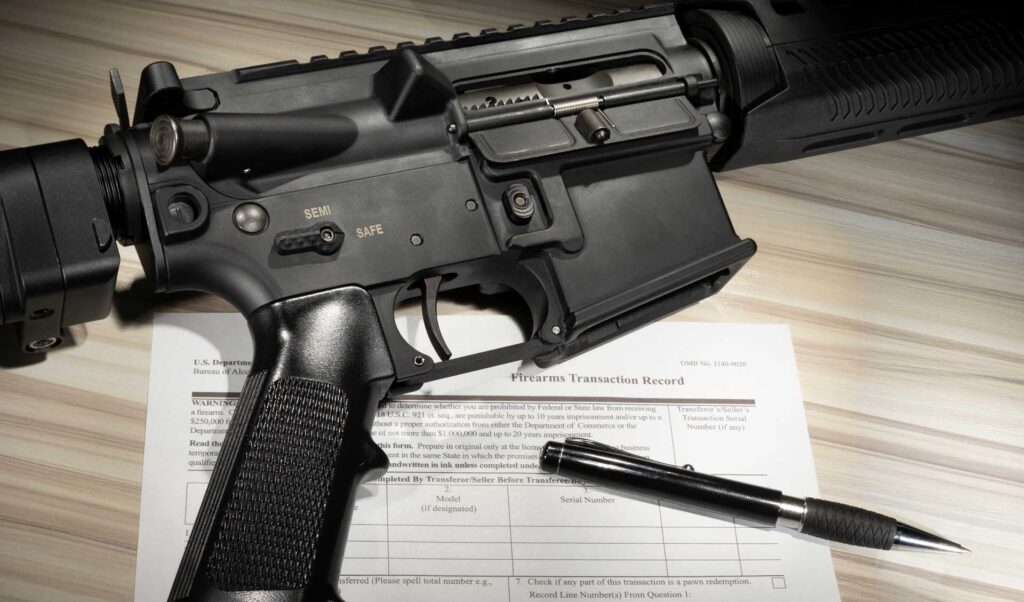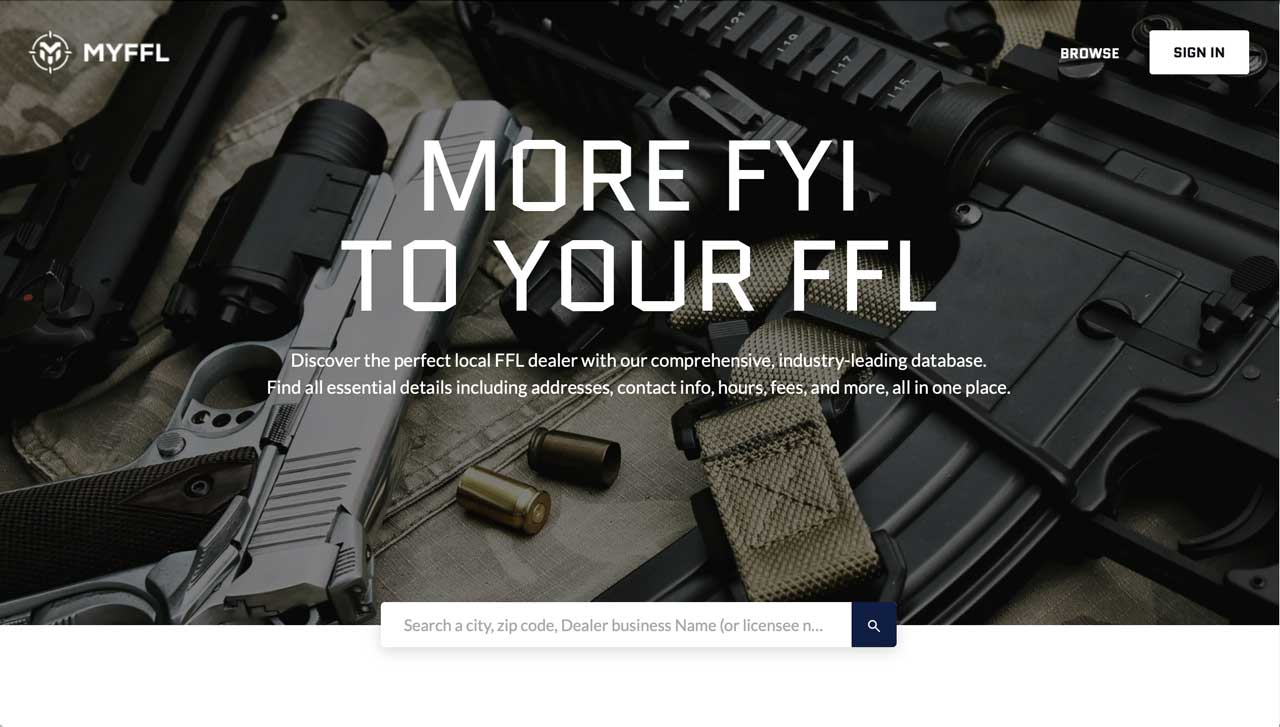The Bureau of Alcohol, Tobacco, Firearms, and Explosives (ATF) introduced the Enhanced Regulatory Enforcement Policy on June 23, 2021, as part of a broader effort under President Biden’s Gun Crime Prevention Strategy. Designed to address willful violations of the Gun Control Act (GCA), this policy has fundamentally reshaped the regulatory landscape for Federal Firearms Licensees (FFLs). Here’s an in-depth look at the policy, its outcomes, and what FFLs can do to navigate this era of heightened enforcement.
What Is the Enhanced Regulatory Enforcement Policy?
The Enhanced Regulatory Enforcement Policy emphasizes a zero-tolerance approach to specific violations deemed to pose significant threats to public safety. It sets clear guidelines for when the ATF will revoke an FFL’s license and aims to ensure consistency in enforcement across all inspections.
Key Objectives:
- Upholding Accountability: Ensure FFLs maintain compliance with GCA regulations.
- Promoting Public Safety: Identify and mitigate risks posed by irresponsible or illegal firearm transactions.
- Encouraging Best Practices: Foster adherence to high standards of record-keeping, background checks, and inventory management.
Qualifying Violations and Enforcement Measures
Under the policy, certain violations, absent extraordinary circumstances, will lead to immediate license revocation. These include:
- Refusal to Permit Inspections: Denying access to ATF Industry Operations Investigators (IOIs).
- Firearm Transfers to Prohibited Persons: Selling firearms to individuals barred from ownership due to legal restrictions.
- Failure to Conduct Background Checks: Neglecting the NICS requirement before transferring firearms.
- Falsifying Records: Tampering with acquisition and disposition records, Form 4473, or other documents.
- Failure to Respond to Trace Requests: Ignoring requests from the ATF to track firearms tied to criminal investigations.
Due Process and Appeals
FFLs accused of violations are entitled to a robust due process framework:
- The ATF must prove willfulness in the violation.
- FFLs can request an administrative hearing to present their case.
- If the license is revoked, FFLs can appeal in federal court.
Measuring the Policy’s Impact
Outcomes from 2021 to 2024
Since its implementation, the policy has significantly impacted FFL operations. The ATF has conducted inspections with increasing rigor, uncovering numerous qualifying violations.
| Time Period | Inspections w/ Violations | Revocations | Extraordinary Cases |
|---|---|---|---|
| July–Dec 2021 | 34 | 12 | 4 |
| 2022 | 252 | 88 | 12 |
| 2023 | 407 | 157 | 5 |
| Jan–June 2024 | 199 | 81 | 2 |
Visualizing the Trends
- Inspections and Violations
A bar chart showing the rise in inspections with violations over time highlights the ATF’s increased oversight. - License Revocations
A line graph depicting license revocations over the years reflects the direct enforcement outcomes of the policy. - Extraordinary Circumstances
A secondary bar chart shows the rare cases where extraordinary circumstances prevented revocations, emphasizing the ATF’s stringent application of the policy.
Emerging Trends and Key Takeaways
1. Intensified Enforcement
The significant rise in inspections and subsequent license revocations signals a more proactive ATF. With the number of inspections increasing by 62% between 2022 and 2023, FFLs face unprecedented levels of scrutiny.
2. Consistency in Exceptions
The ATF applies the “extraordinary circumstances” clause sparingly, ensuring that most qualifying violations lead to enforcement action. This creates a predictable framework for licensees but underscores the importance of maintaining strict compliance.
3. Emphasis on High-Risk Violations
The focus on violations directly affecting public safety, such as transferring firearms to prohibited individuals or falsifying records, reflects the ATF’s commitment to reducing gun-related crime.
Implications for FFLs
To adapt to the Enhanced Regulatory Enforcement Policy, FFLs must prioritize compliance at every level of their operations:
1. Implement Internal Compliance Systems
Regularly audit acquisition and disposition records, ensure background checks are completed without error, and maintain detailed records of every transaction.
2. Train Staff Thoroughly
Educate employees about ATF regulations and potential violations. Conduct mock inspections to prepare your team for real visits by IOIs.
3. Enhance Security Measures
Ensure firearms are stored securely and conduct regular inventory checks to prevent loss or theft, a frequent area of ATF concern.
4. Use Technology to Simplify Compliance
Invest in software tools designed to manage firearm inventory and automate compliance tasks like Form 4473 completion and trace requests.
5. Engage Legal and Compliance Experts
Consider working with an attorney or compliance specialist to prepare for inspections and address potential violations proactively.
A New Era of Accountability
The Enhanced Regulatory Enforcement Policy has ushered in a new era of accountability for FFLs. While the increased oversight may seem burdensome, it also offers an opportunity for responsible dealers to set themselves apart by demonstrating impeccable compliance. By embracing proactive measures, leveraging technology, and staying informed about regulatory developments, FFLs can safeguard their licenses and contribute to the broader goal of promoting public safety.







